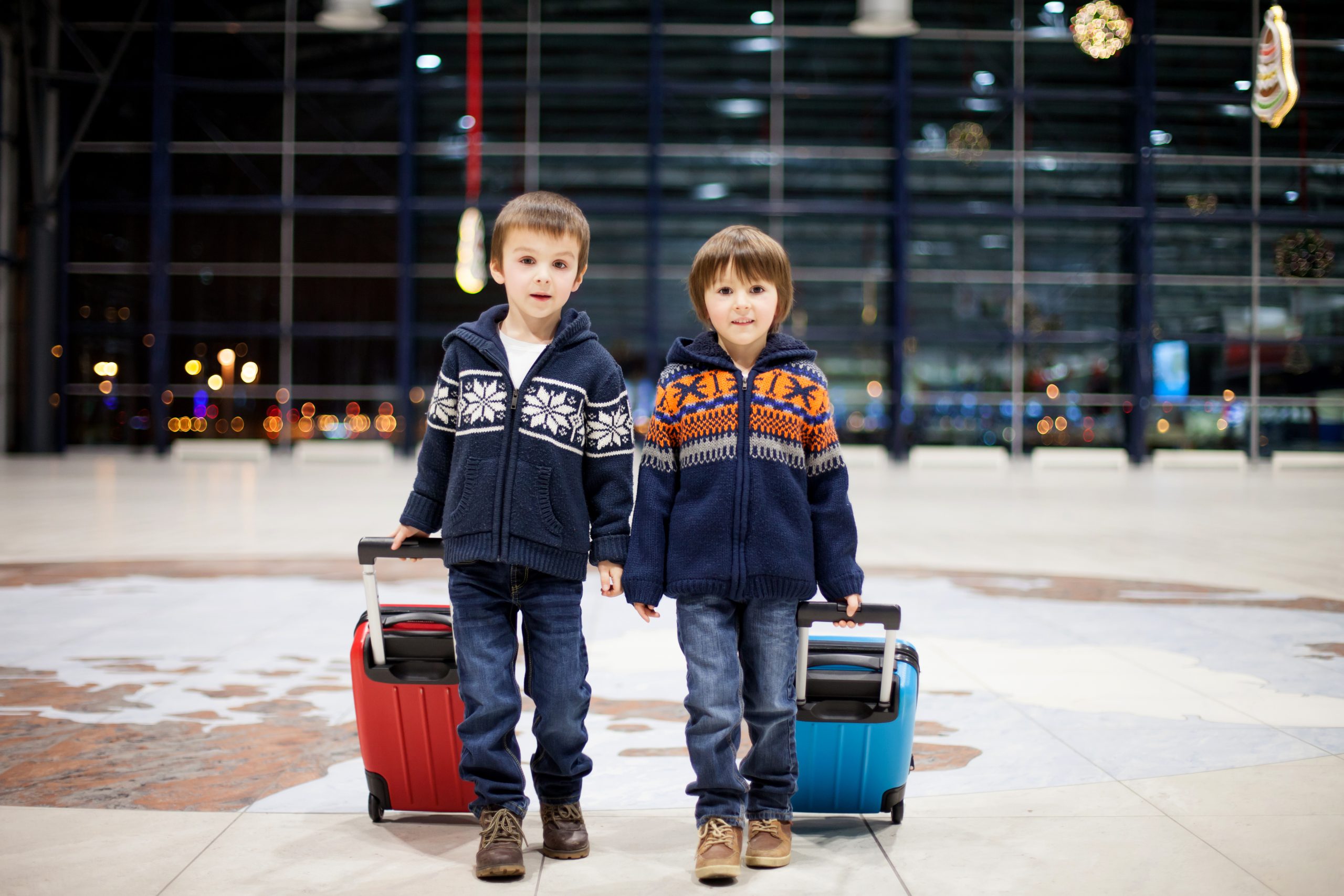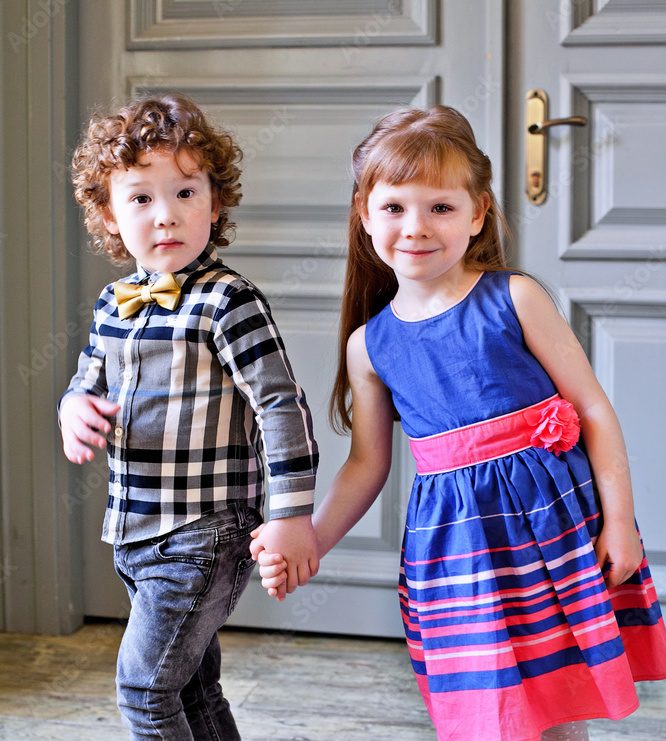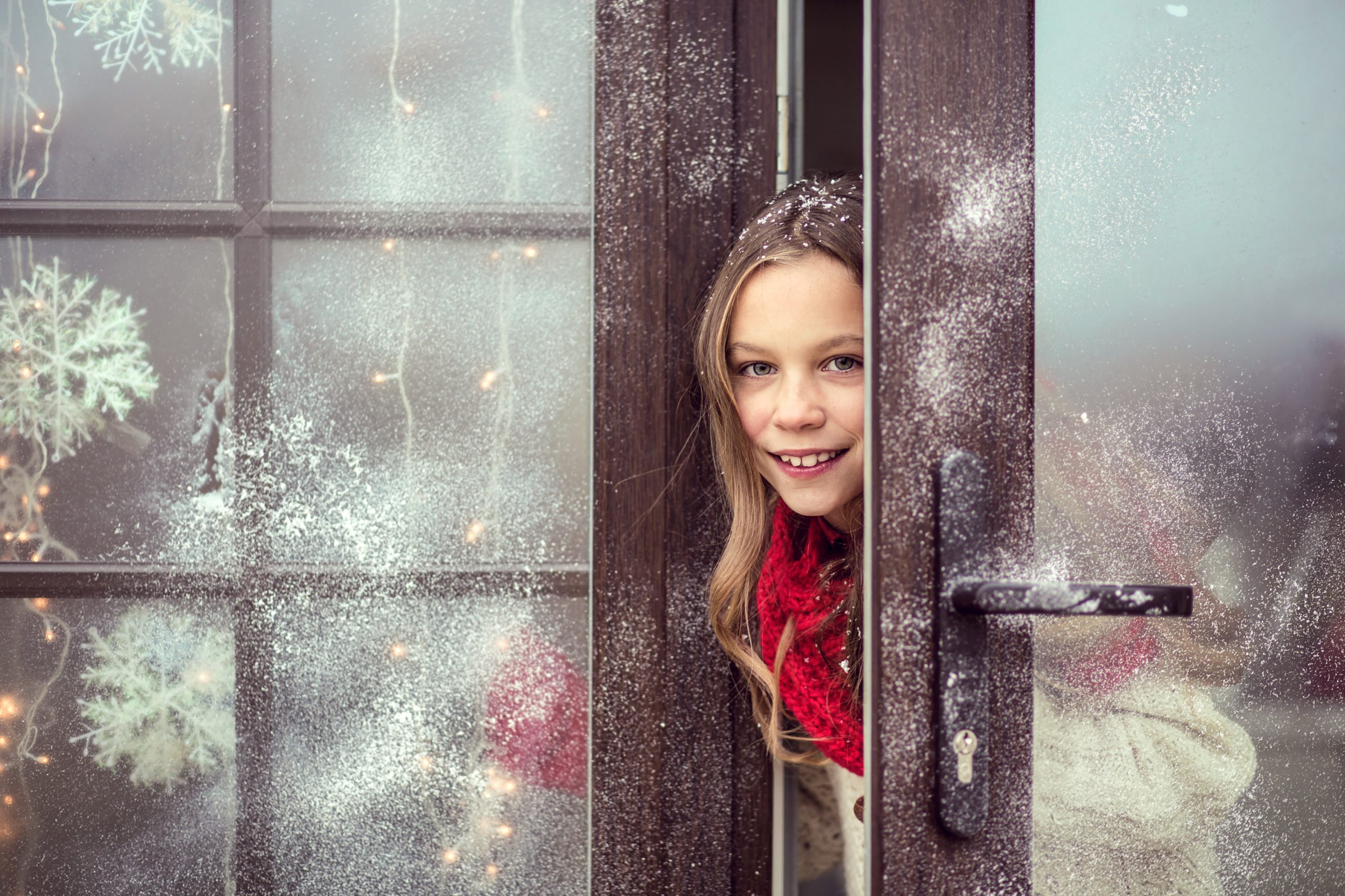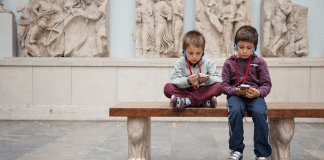The holidays are a joyous time of tradition and family. However, they also come with a host of extra social demands, including visiting new and unfamiliar places and relatives or family friends. This can be particularly challenging for children who need support navigating the social scene.
Here are some strategies to maximize your child’s social success, reduce stress, and make them as comfortable as possible while navigating the social waters of the holiday season. 
Planning Ahead
Prepare your child in advance for visiting unfamiliar family or family
Discuss the expectations using simple language. Match your child’s language abilities to help them better understand what to expect. If needed, you can also use pictures to show them. For example, if you want to prepare your child for transitions from play to dinner, you can create a visual schedule to assist.
Tie behavior to a chart or system to provide feedback and enhance motivation. Long social gatherings can be taxing on your child. You can boost their motivation and reinforce positive behaviors by tying them to a behavior feedback system. You can provide fun stickers at every check-in that meets the criteria. Decide on an interval ahead of time and align the check-ins with how long your child is typically successful in independent play. The stickers can be rewarding, but if needed, they can be redeemable for something else (a special outing with a parent, a small toy, etc.).
Bring a tablet or electronic device as a backup or reinforcer. Add new games and download a few of their favorite shows. You can use this as a social break for your child and reinforce it for several successful check-ins.
Build in breaks and identify a break space. Connect with the family or friends 
Prepare For a Setback
Little ones will get tired and overwhelmed. There is a chance that even if you do all these things, you may encounter a tantrum or meltdown. Be ready for it! This is where giving yourself plenty of time comes in handy. Pull your little one to the side, away from a crowd if possible, and remain calm. Make observational statements about their feelings. Empathize with them to let them know it can be hard when something happens.
Label their stressor in that statement (waiting, hearing no, etc.) Calmly let them know you are there to help when they are ready and that you can work together to solve the problem. Give hugs, kisses, and or honor their requested space. When you notice things are settling down, you can re-engage. Give your child lots of praise for regulating their emotions. You will want to reinforce everything you want to see your child do and say in the future by celebrating them when they occur.
Wherever your holiday adventures take you, remember to prepare, give yourself and your child grace, and reduce your stressors to the greatest degree possible. This will allow you to keep your child engaged and be responsive to their needs, maximizing social success!
 Justyna Balzar has over 15 years of experience with learners of varying profiles between the ages of 3 to 18 across multiple settings. She received her Assistant Behavior Analyst (BCaBA) certification in 2014 from the Florida Institute of Technology, her Master’s in Curriculum and Education in Applied Behavior Analysis from Arizona State University, and her BCBA certification in 2016. She co-founded The Hangout Spot, located in Norwalk, CT.
Justyna Balzar has over 15 years of experience with learners of varying profiles between the ages of 3 to 18 across multiple settings. She received her Assistant Behavior Analyst (BCaBA) certification in 2014 from the Florida Institute of Technology, her Master’s in Curriculum and Education in Applied Behavior Analysis from Arizona State University, and her BCBA certification in 2016. She co-founded The Hangout Spot, located in Norwalk, CT.

























